
Boot Camp: CLR 101—How to Launch Comprehensive Learner Record at Your Institution
AEFIS Academy Community Event
Presenters
Drexel Assessment Conference 2020
September 9, 2020 @ 11:00 AM – 12:45 PM ET
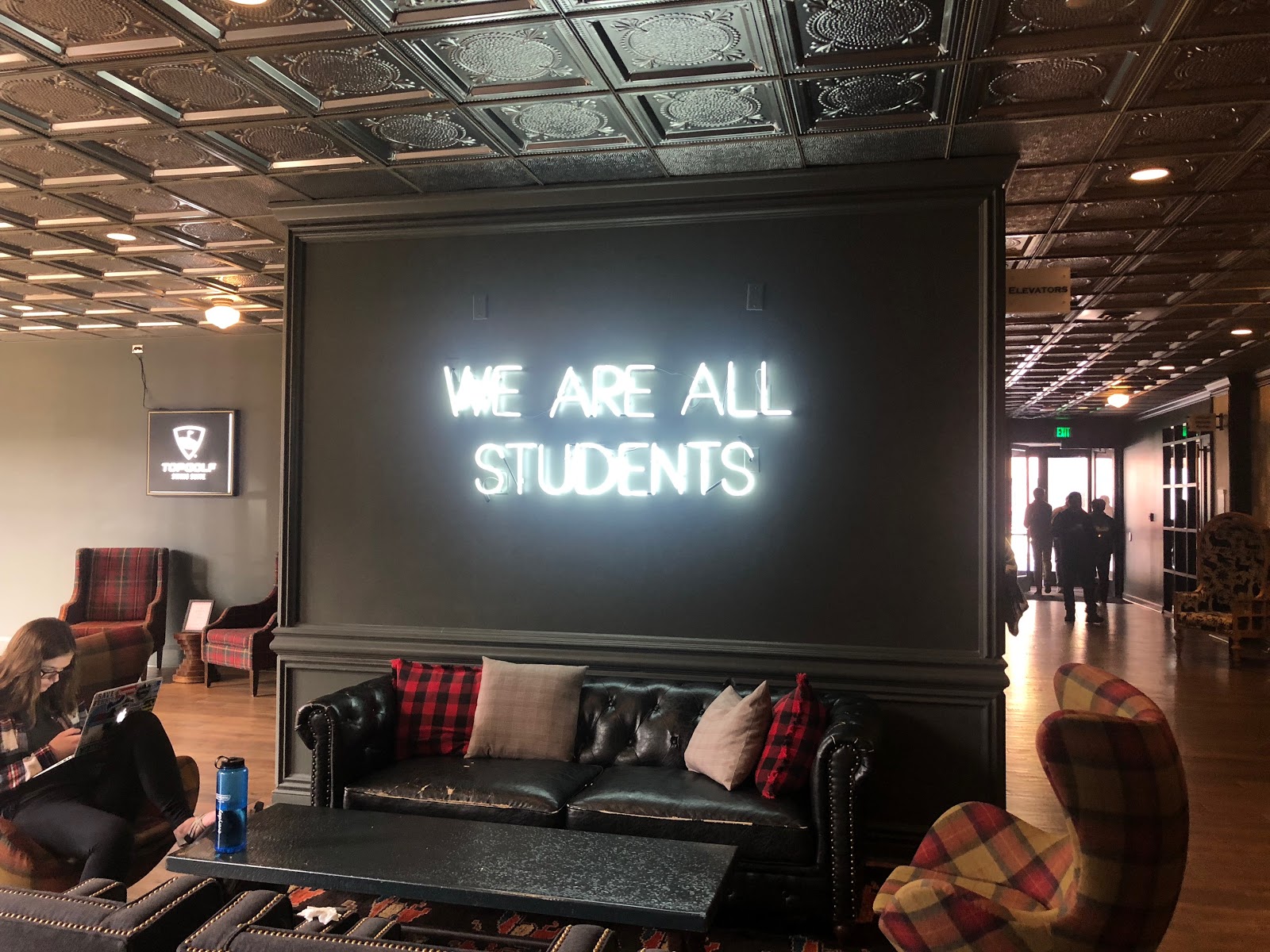
Credit: M. Sualp, CEO, AEFIS. “A view from a building lobby at the University of Minnesota”
Description
As a holistic approach to improving student success, Comprehensive Learner Record (CLR) has the potential to positively impact the student success ecosystem. CLR is a dynamic, real-time portfolio, which is both a display of curricular, co-curricular, and experiential artifacts of learning and a digital skills “wallet” that is verified by the institution and linked to learning outcomes aligned to today’s employability skills. Launching a CLR initiative takes time, precision, and alignment planning and human and technology resources to align this initiative with the institutional mission and vision.
Join this hands-on Bootcamp that includes best practices coaching from higher ed leaders, technology innovators, and standards organizations. Discover how you can launch a student success initiative that includes CLR and authentic reflection across students’ holistic academic and experiential learning journey.
This experience will be immersive with participatory learning and idea-sharing. Bring your ideas, your curriculum projects, your ePortfolio initiatives and join this opportunity to take these initiatives further.
Background
The higher education transcript, codified around courses, credits and grades is now becoming more expressive, documenting more explicitly what has been learned, acquired, and practiced. Shifts in the delivery of post-secondary education are in full gear and the focus on outcomes and skills are at the forefront helping to usher in changes in the way higher education verifies degrees.
Comprehensive Learner Record (CLR) is at the epicenter of this change, helping to unpack evidence of learning and making it more explicit and meaningful to students, employers, and institutions. Stakeholders who use CLR as a vehicle for learning in real-time and an ecosystem of skills that employers value are providing valuable opportunities to share knowledge, skills, and abilities with a greater audience.
In Demographics and the Demand for Higher Education, economist and professor Nathan Grawe predicts the current college-going population will drop by 15 percent between 2025 and 2029 and continue to decline by another percentage point or two thereafter. This trend begins to close the door on the traditional pipeline to college and more widely opens the door to a more complex population of learners, adults with degrees, no degrees, partial degrees and the like. Institutions that proactively address these population shifts and need for changes to higher education course and content delivery are those who are ahead of recurrent enrollment melts. Course delivery that is more accessible and affordable to adult workers, stay-at-home parents, diverse learners, and employers who are partners in their employees’ education will survive and thrive.
Key Takeaways
It is our goal to provide the audience with the following intended key takeaways:
1. Consider your current efforts, partners, timelines, resources, and risks
2. Think beyond quick fixes and tackle broader issues and systems
3. Deliver authentic lifelong learning, skills recognition, and employability enablement in courses, co-curricular, and experiential activities
4. Create a student-centered institution using the Comprehensive Learner Record (CLR)
5. Build a sustainable momentum and demonstrate the impact of ongoing work to deliver CLR for authentic lifelong learning
Presenters
We are honored to have these academic leaders coaching this boot camp:

Dr. Sherri Braxton, Senior Director for Digital Innovation @ Bowdoin / USM Consultant, Bowdoin College
Dr. Sherri Braxton currently serves as the Senior Director for Digital Innovation at Bowdoin College. In this role, she is responsible for supporting the ongoing Bowdoin Online Learning and Teaching (BOLT) operational vision and strategy and providing day-to-day guidance and support across the overall effort. She regularly partners with stakeholders throughout the college while leading efforts to identify, prioritize, and pursue other opportunities for digital innovation. She also leads efforts to partner and collaborate with peers and other institutions on these digital learning initiatives. Dr. Braxton also currently serves as a consultant for the University System of Maryland under the direction of the Kirwan Center for Academic Innovation. In that role, she supports strategic programs in the areas of alternative credentialing, online learning and other areas as needed. Dr. Braxton previously served as the Senior Director of Instructional Technology at UMBC where she was responsible for leading the Division of Information Technology’s (DoIT) strategy for end-user support of instructional technologies including online, hybrid, and traditional “face-to-face” technologies as well as the alternative credentialing initiatives.

Dr. Natasha Jankowski, Higher Education & Assessment Consultant, N/A
Dr. Natasha Jankowski is the former Executive Director of the National Institute for Learning Outcomes Assessment (NILOA) and previously served as a research associate professor with the University of Illinois Urbana-Champaign. She is co-author of the book Using Evidence of Student Learning to Improve Higher Education, as well as co-author of Degrees that Matter: Moving Higher Education to a Learning Systems Paradigm, and co-editor of Student-Focused Learning and Assessment: Involving Students in the Learning Process in Higher Education. A forthcoming book focuses on equity and assessment. Her areas of focus include assignment design, transparency, evidence-based storytelling, equity, mapping and alignment of learning, and all things assessment. Dr. Jankowski is the recipient of Kent State University’s Alumni Award and the Young Alumni Award from the College of Education at UIUC. She holds a Ph.D. in Higher Education from the University of Illinois, an M.A. in Higher Education Administration from Kent State University, and a B.A. in philosophy from Illinois State University.

Mark Leuba, Vice President, Product Management, IMS Global Learning Consortium
Mark is a technology leader in education, with particular expertise in online higher education. Since 2015 Mr. Leuba has led IMS Global’s Digital Credentials Program and Product Management for the non-profit standards body. Through his former consulting firm, Pathway Technology Partners, Mark provided advisory and strategy services for leading institutions, foundations, non-profit, and for-profit education organizations. At IMS, Mark and the IMS team have led the Comprehensive Learner Record standard published in August 2019, the officially designated standard of AACRAO, the American Association of Collegiate Registrars and Admissions Officers. From 2005-2010 Mr. Leuba was VP and CIO for American Public University System.

Dr. Andrew Wolf, Assistant Dean for Online Education, Wegmans School of Pharmacy, Saint John Fisher University
Andrew Wolf is the Director for Educational Effectiveness, and Assistant Professor at the University of Rochester School of Nursing. Dr. Wolf supports the School’s educational mission through assessment and innovation focused on improving student learning. He also coordinates accreditation activities and has served on evaluation teams for Middle States Commission on Higher Education. Dr. Wolf continues to teach graduate students in an interprofessional health professions education program, and nursing programs.
Moderated by Suzanne Carbonaro, Director of Academic Partnerships, AEFIS
More to come – Please check back soon or register to receive updates!
Event Info & On-Demand Recording
Any pre-event information will be provided below. Any post-event information and the archived recording will be available within 48-hours following the event. This content is only available to AEFIS Academy Community Members.
Attendees

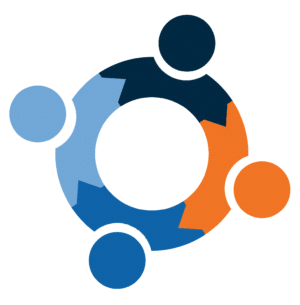
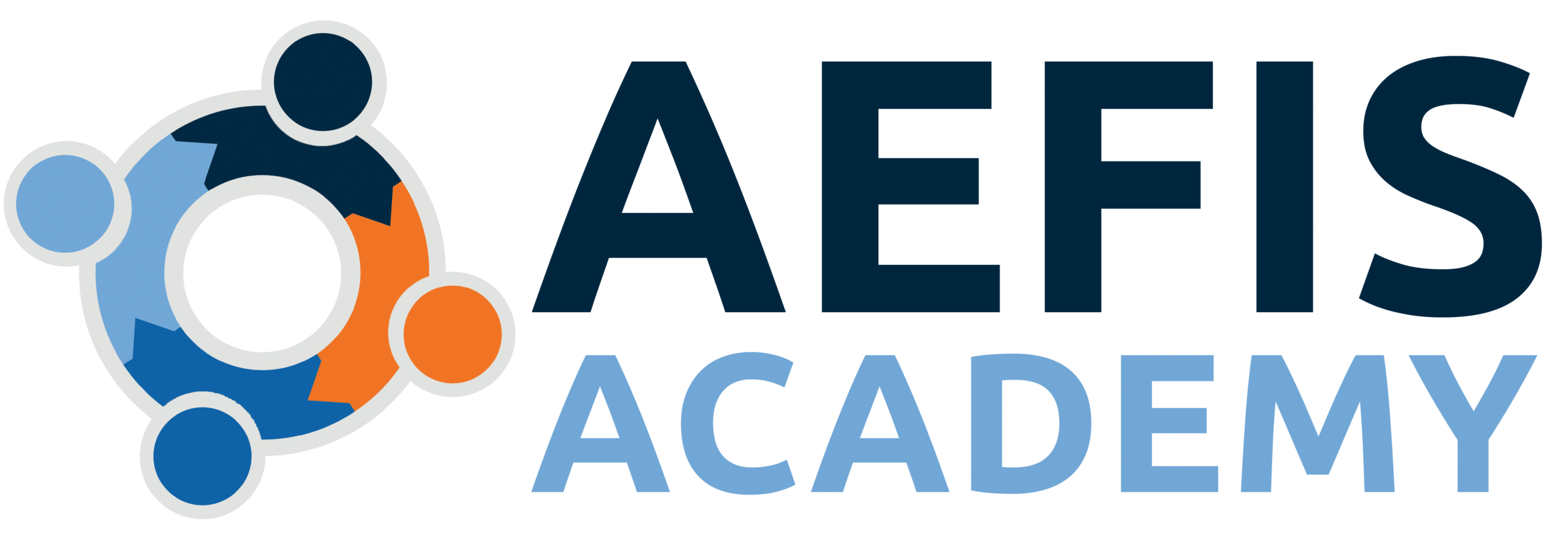
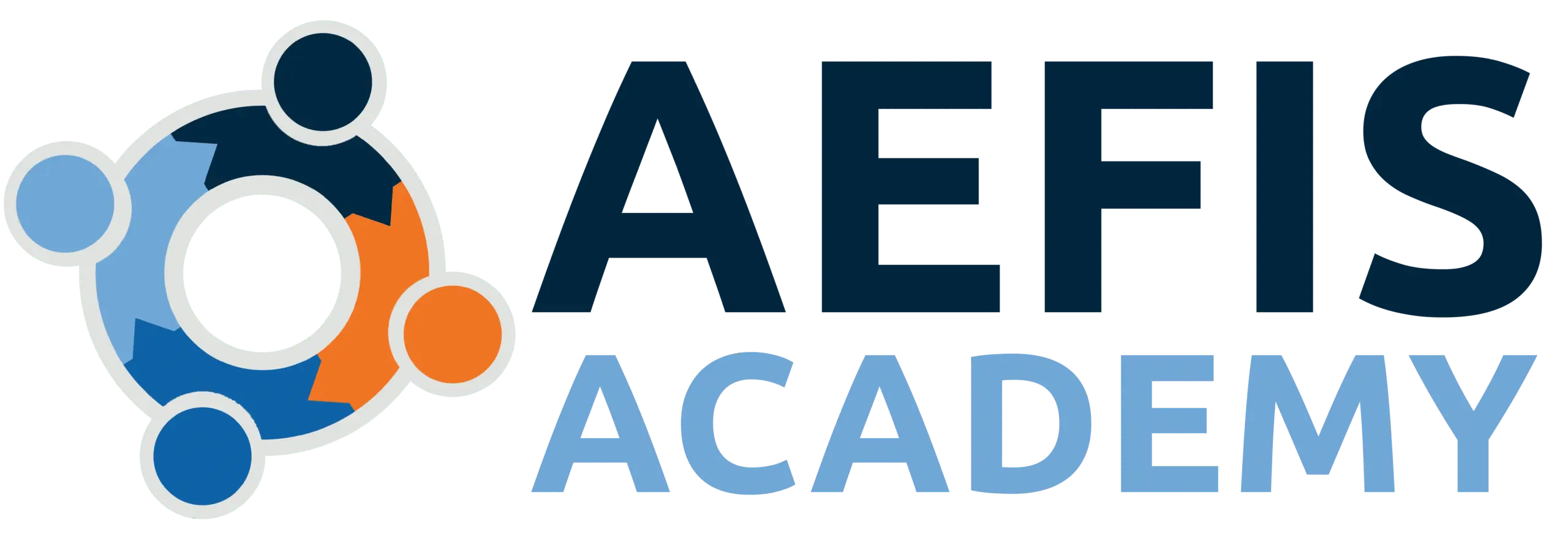

Boot Camp: CLR 101—How to Launch Comprehensive Learner Record at Your Institution Discussion